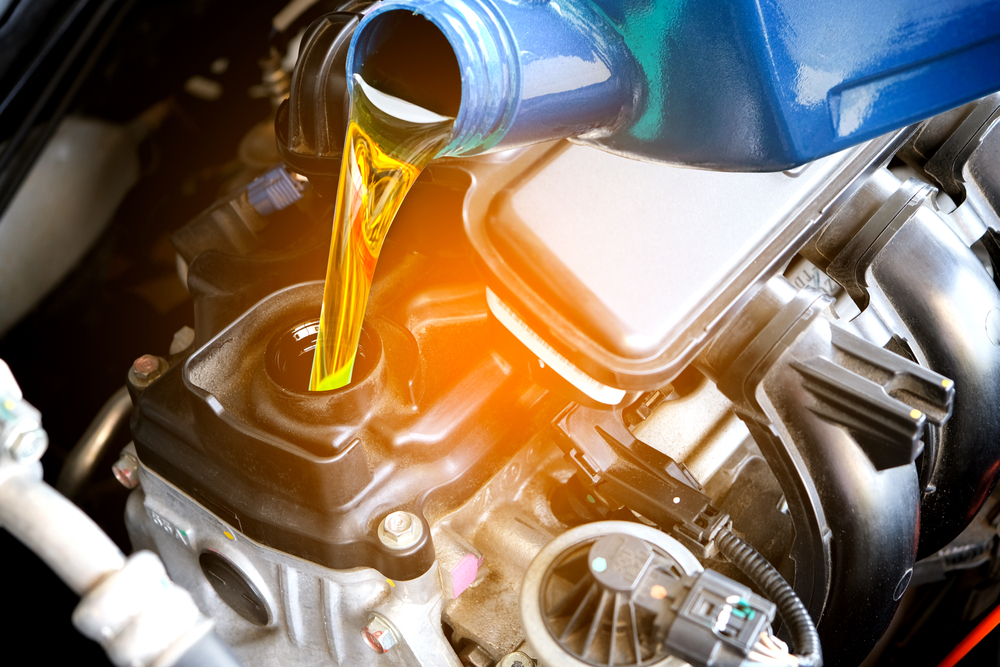Introduction
If you want your car’s engine to run smoothly and efficiently, regular maintenance is key. One crucial aspect of car maintenance that often gets overlooked is the oil change. Engine oil plays a vital role in lubricating moving parts, reducing friction, and preventing overheating. However, over time, oil breaks down and becomes less effective, potentially leading to engine damage if not replaced promptly. In this article, we’ll explore the signs you need an oil change for an oil change and why staying on top of this maintenance task is essential for your vehicle’s health.
Understanding the Importance of Oil Changes
Regular oil changes are fundamental to keeping your car’s engine in optimal condition. Oil serves as a lubricant, coating the engine’s moving parts to reduce friction and heat. Additionally, it helps to clean the engine by carrying away dirt and debris. Over time, however, oil loses its effectiveness as it becomes contaminated with particles and breaks down due to high temperatures.
Common Signs You Need an Oil Change
- Engine Noise: One of the most common signs that your car needs an oil change is increased engine noise. When oil levels are low or the oil is old and dirty, you may hear loud clanking or knocking sounds coming from the engine.
- Dirty or Dark Oil: Checking your oil regularly can provide valuable insights into its condition. If the oil appears dirty or has turned dark in color, it’s a clear indicator that it’s time for a change. Fresh oil is typically amber or light brown in color, so any deviation from this indicates the need for replacement.
- Exhaust Smoke: If you notice excessive smoke coming from your car’s exhaust, it could be a sign of oil burning. This often occurs when oil levels are low or the oil is old and has become too thin to lubricate the engine properly.
- Oil Smell Inside the Car: Another telltale sign of an oil issue is the smell of burning oil inside the car. This odor may indicate leaks or oil seepage into the engine compartment, which can be hazardous if left unchecked.
- Decreased Fuel Efficiency: A sudden drop in fuel efficiency could be attributed to many factors, one of which is poor engine lubrication. When oil levels are low or the oil is old, the engine has to work harder, leading to increased fuel consumption.
The Dangers of Ignoring Oil Change Signs
Ignoring the signs you need an oil change can have serious consequences. Without proper lubrication, engine components can wear out more quickly, leading to costly repairs or even engine failure. Additionally, dirty or degraded oil can cause buildup and blockages in the engine, further exacerbating the problem.
How Often Should You Get an Oil Change?
The frequency of oil changes depends on various factors, including the type of oil used, driving habits, and the vehicle’s age and mileage. As a general rule of thumb, most car manufacturers recommend getting an oil change every 5,000 to 7,500 miles or every six months, whichever comes first. However, this interval may vary based on your specific circumstances.
DIY vs. Professional Oil Changes
When it comes to changing your car’s oil, you have two options: doing it yourself or taking it to a professional mechanic. Each approach has its pros and cons.
DIY Oil Changes:
- Cost Savings: Doing your own oil changes can save you money on labor costs.
- Convenience: You can perform the oil change at your own pace and schedule.
- Learning Experience: DIY oil changes provide an opportunity to learn more about your car’s maintenance needs.
Professional Oil Changes:
- Expertise: Mechanics have the training and experience to perform oil changes efficiently and accurately.
- Comprehensive Service: Professional oil changes often include additional checks and inspections to ensure your car is in good condition.
- Warranty Maintenance: Keeping records of professional oil changes may be necessary to maintain your vehicle’s warranty.
Conclusion
Regular oil changes are essential for maintaining your car’s engine health and prolonging its lifespan. By paying attention to the signs that indicate it’s time for an oil change and adhering to recommended maintenance intervals, you can keep your vehicle running smoothly for years to come.


